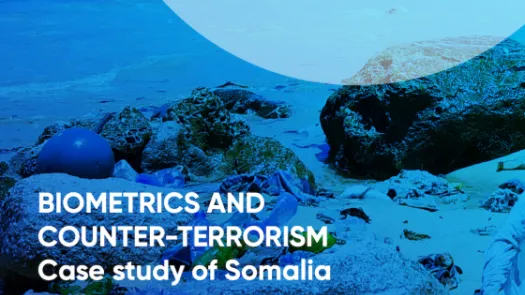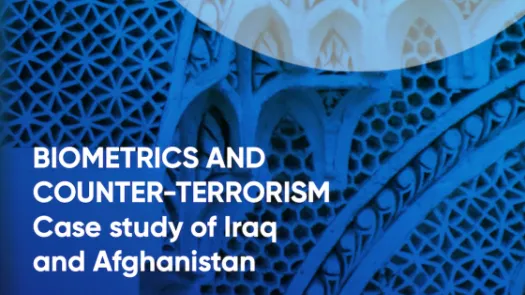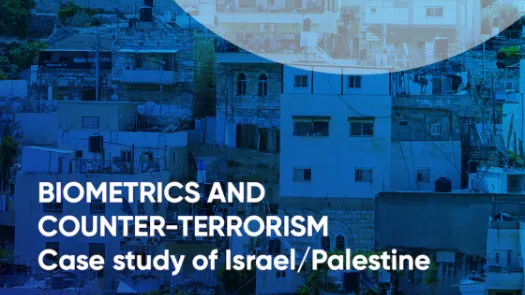Biometrics domination under the pretext of combating terrorism
Biometric data collection and use in the name of countering terrorism has been accelerating around the globe, often abusively, without being effectively regulated or subject to accountability mechanisms
This week we talk to Fionnuala Ní Aoláin, UN Special Rapporteur on Human Rights &
![White House (Pete Souza) Maison Blanche (Pete Souza) [Public domain]](/sites/default/files/styles/middle_column_small/public/2020-02/White%20House%20%28Pete%20Souza%29%20%20%20Maison%20Blanche%20%20%28Pete%20Souza%29%20%5BPublic%20domain%5D.jpg?itok=_jN8ek3B)


